Choosing the perfect flooring for your home is no easy task, but when it comes to the timeless beauty of hardwood, the decision becomes even more crucial.
In this article, we’ll explore the key differences between engineered hardwood and natural hardwood flooring options, uncovering their benefits and drawbacks and helping you make an informed choice that suits your lifestyle, budget, and design preferences.
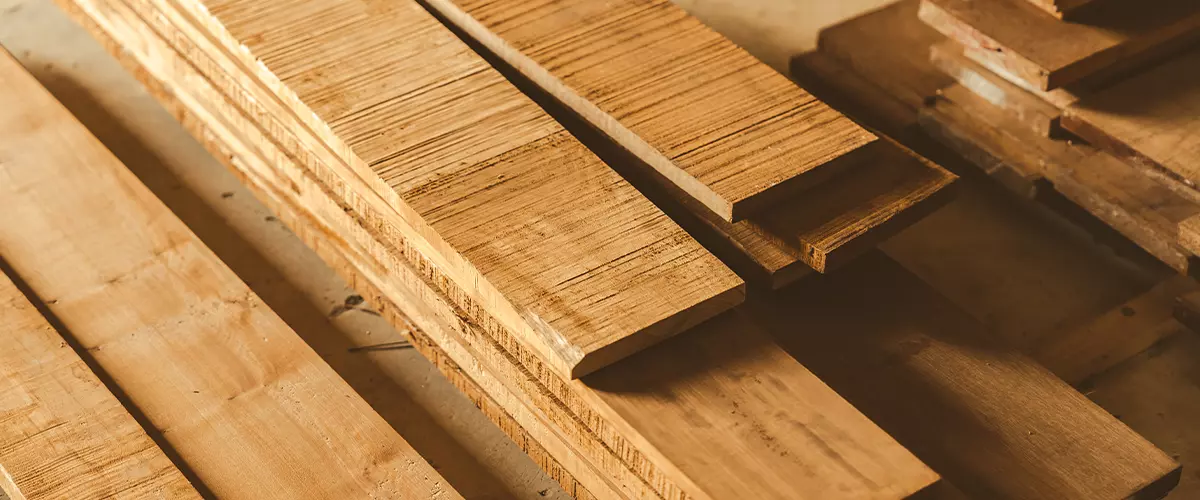
Key Takeaways
- Durability and suitability: Engineered hardwood is more durable and stable compared to natural hardwood. Its layered construction makes it less prone to warping and shrinking, making it suitable for various environments, including basements and kitchens. Engineered hardwood also offers a wide range of styles and finishes to suit different design preferences.
- Resale value and refinishing: Natural hardwood has higher resale value and investment potential compared to engineered hardwood. It provides an authentic and timeless appeal to a home. Additionally, natural hardwood can be refinished multiple times to restore its original beauty, while engineered hardwood has limited refinishing options due to its thinner wear layer.
- Considerations for homeowners: Homeowners should consider factors such as foot traffic, environmental conditions, upfront costs, maintenance and replacement expenses, resale value, wood species, and varieties, compatibility with existing decor, suitability for different areas, and the choice between DIY or professional installation when deciding between engineered hardwood and natural hardwood.
Benefits of Engineered Hardwood
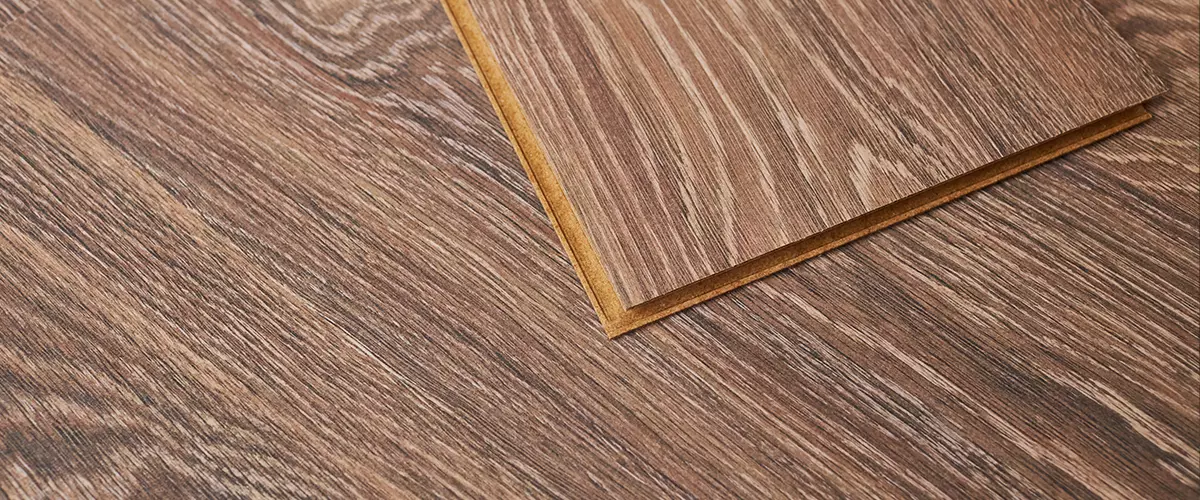
Increased Durability and Stability
Suitable for Various Environments
Wide Range of Styles and Finishes Available
Limitations of Engineered Hardwood
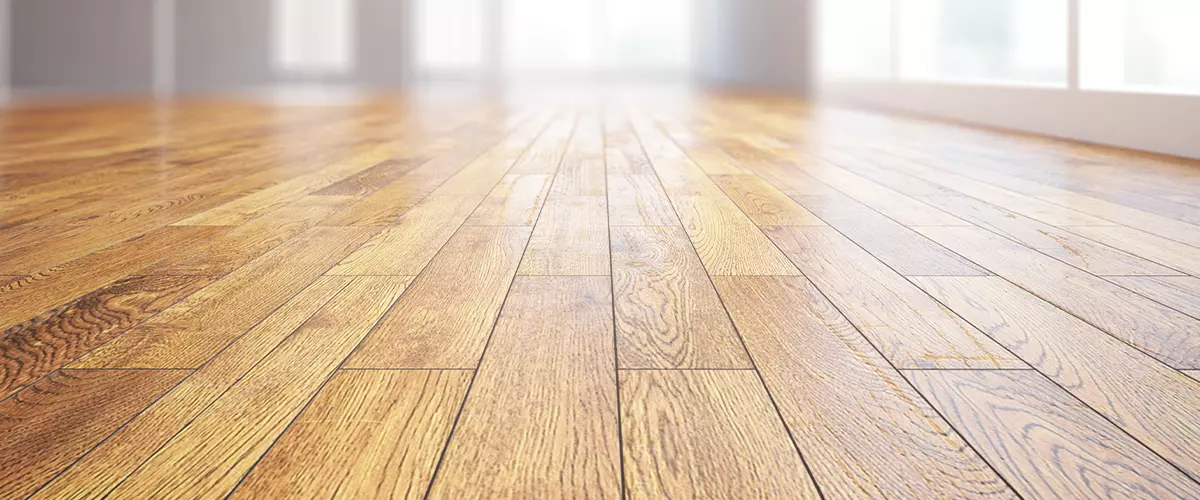
Lower Resale Value
Limited Refinishing Options
Thinner Wear Layer
Benefits of Natural Hardwood
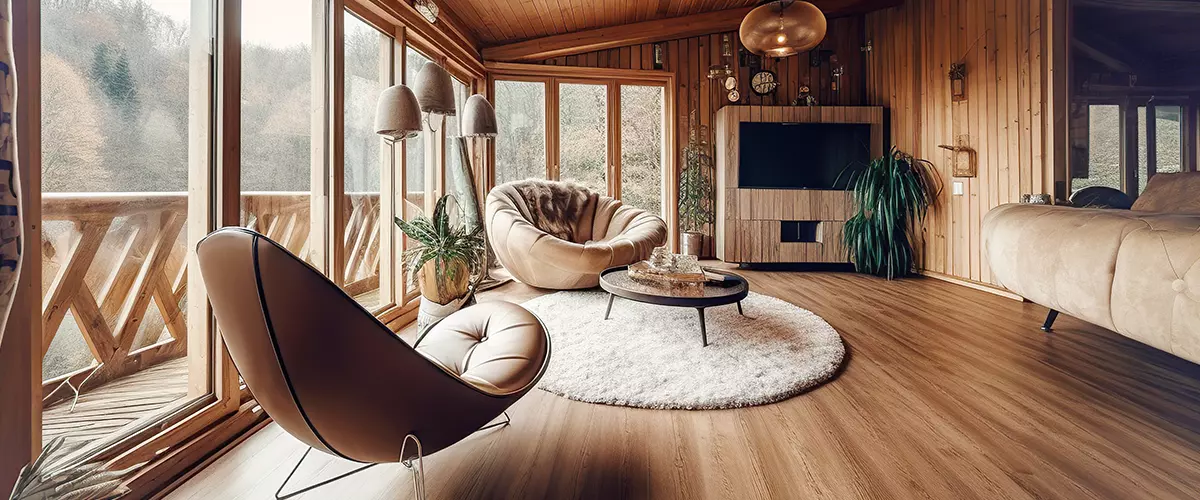
Authenticity and Timeless Appeal
Higher Resale Value and Investment Potential
Ability to Refinish Multiple Times
Drawbacks of Natural Hardwood
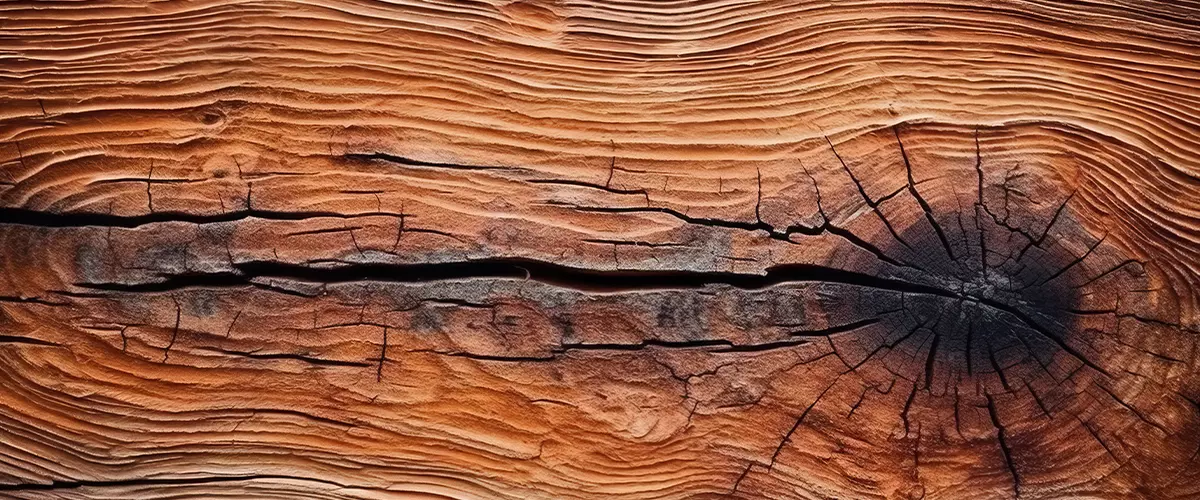
Susceptible to Moisture and Temperature Changes
Limited Installation Options
Higher Upfront Costs Compared to Engineered Hardwood
Key Considerations for Homeowners
In the engineered hardwood vs natural hardwood battle, we have to consider some extra factors that will tip the balance in one’s favor.
Foot Traffic and Wear and Tear: Consider the level of activity in your home, including pets and children, to determine the durability requirements of your flooring.
Environmental Conditions: Assess your area’s humidity and temperature fluctuations to select a flooring option that can withstand these conditions.
Upfront Costs: Compare the price per square foot of engineered hardwood and natural hardwood to fit your budget.
Maintenance and Replacement Expenses: Evaluate the long-term costs associated with maintenance, refinishing, and potential replacement of the flooring.
Resale Value: Determine how the choice of flooring may impact the resale value of your home.
Wood Species and Varieties: Explore the wide range of hardwood species available and consider their appearance, color, and grain patterns.
Compatibility with Existing Decor: Ensure that the chosen flooring harmonizes with your current interior design elements, such as furniture, walls, and overall style.
Suitability for Different Areas: Determine if the flooring suits specific areas of your home, such as basements or rooms with moisture exposure.
DIY vs. Professional Installation: Assess your comfort level and skills for installation or decide if professional help is required for a seamless result.
Frequently Asked Questions
he simplest way to tell the difference between the two types of wood is to pick up a loose plank. Look at the side of the plank. If it is one solid piece of wood with a continuous grain, it’s solid hardwood. If you see different layers of wood, it’s engineered hardwood.
Given that the actual surface of engineered wood flooring is the same as that of solid hardwood flooring, the two are both equally resistant to scratching.
Turn To Modesto's Flooring Experts
At KHB Flooring, we install different floors using our experienced team, quality materials, and the right tools for the job. Whether you’re interested in engineered hardwood floors or prefer the timeless appeal of natural wood, we’ve got you covered.
Contact us to experience first-hand what working with experts in natural and engineered wood flooring is like.
If you’re ready to install your new floor, give us a call at (209) 487-9663 and let’s talk! Or you can request a free quote, and we’ll circle back ASAP!
